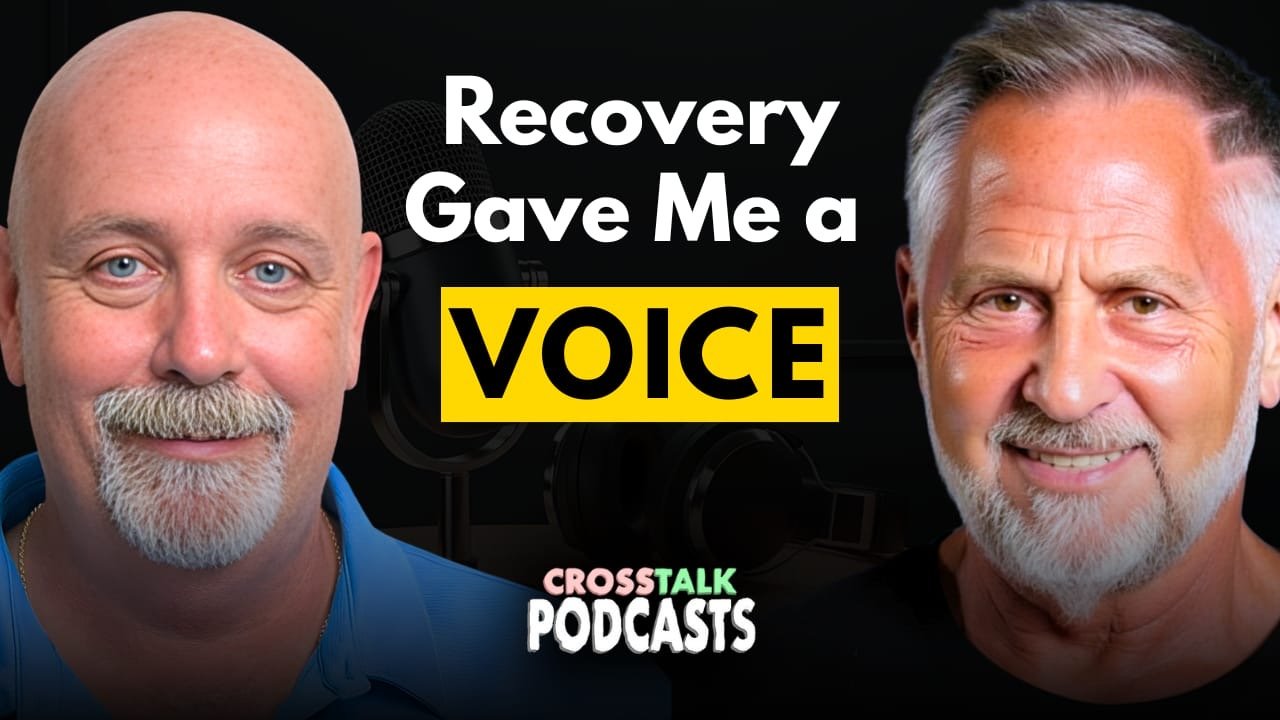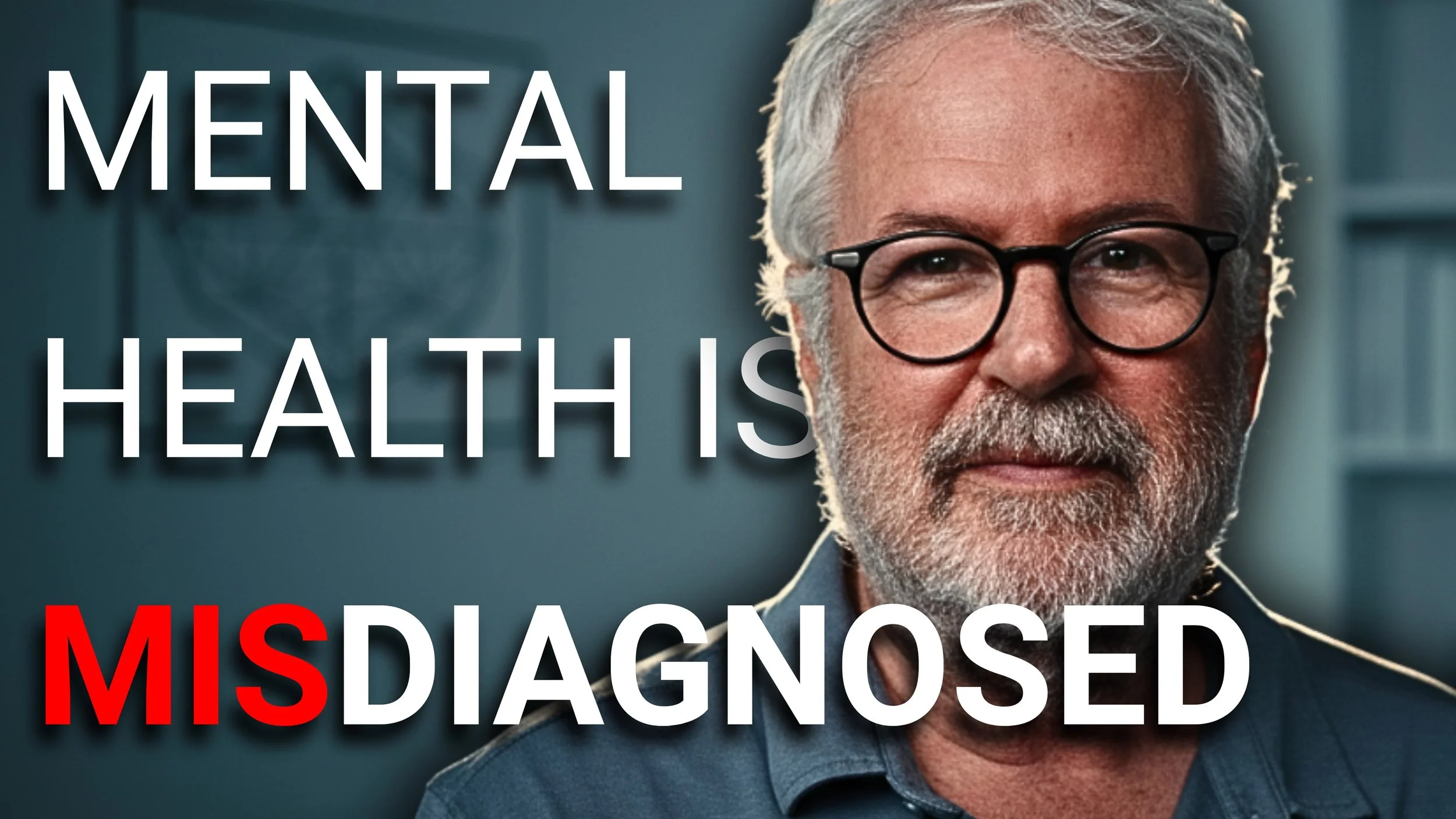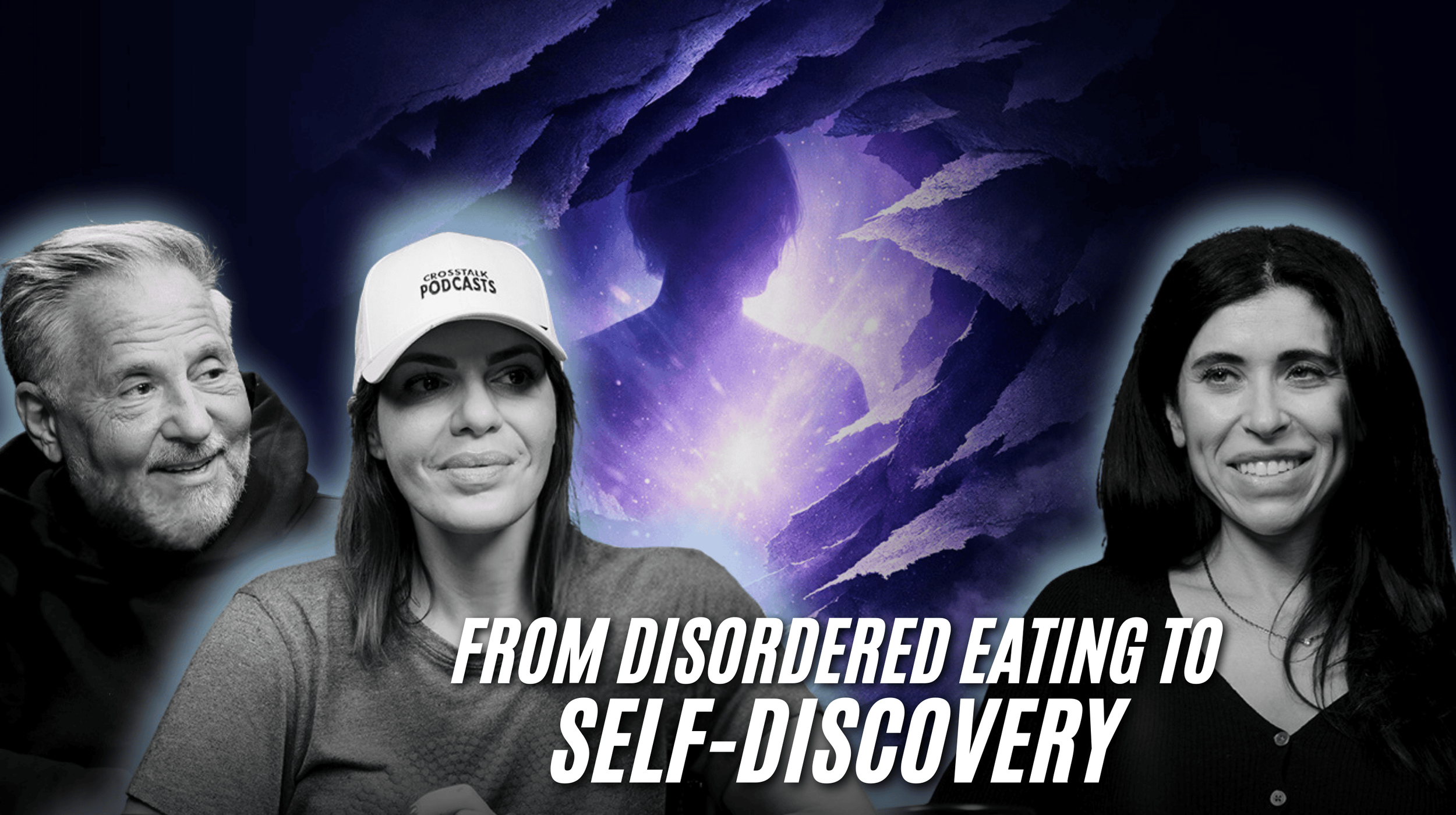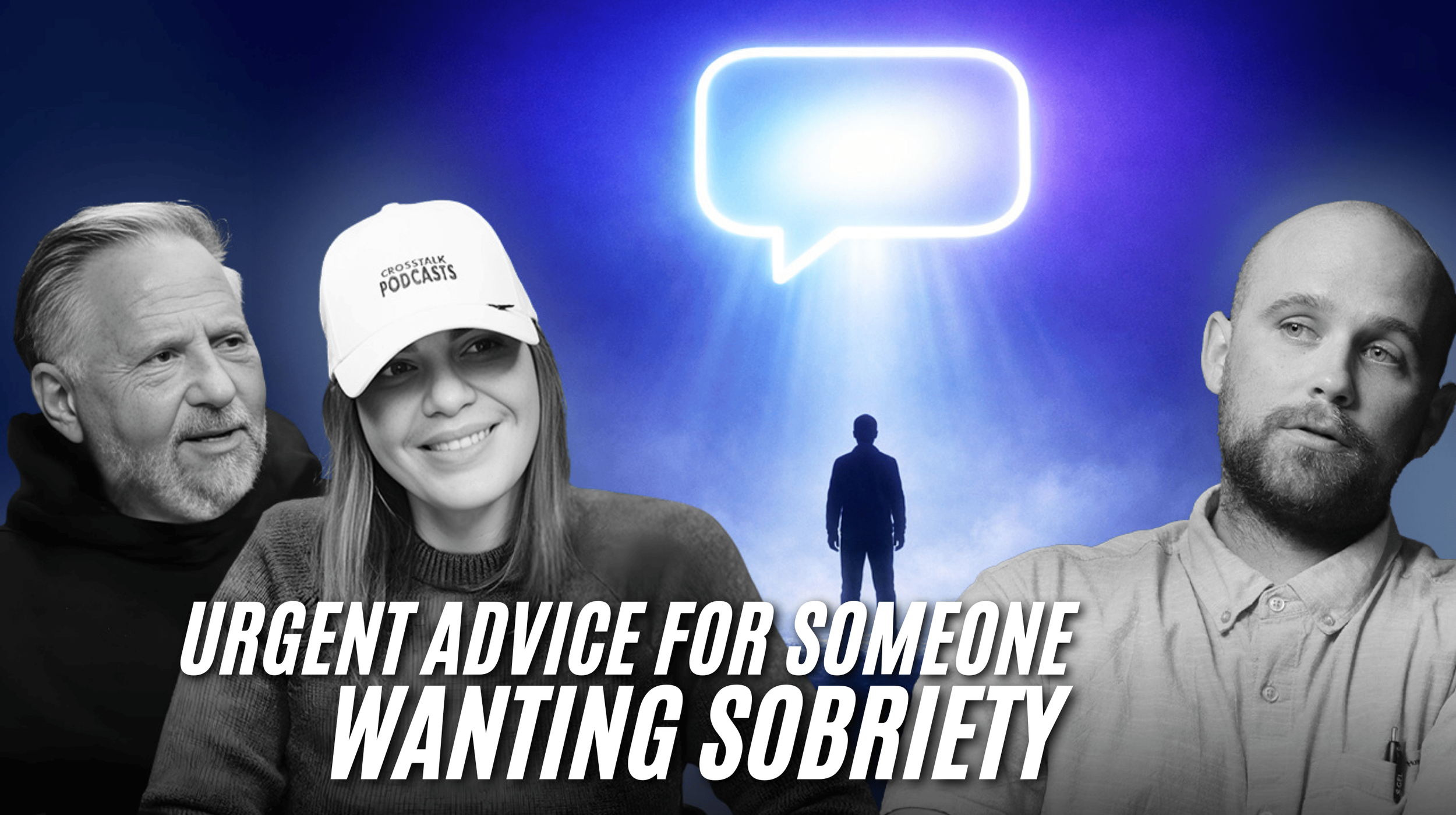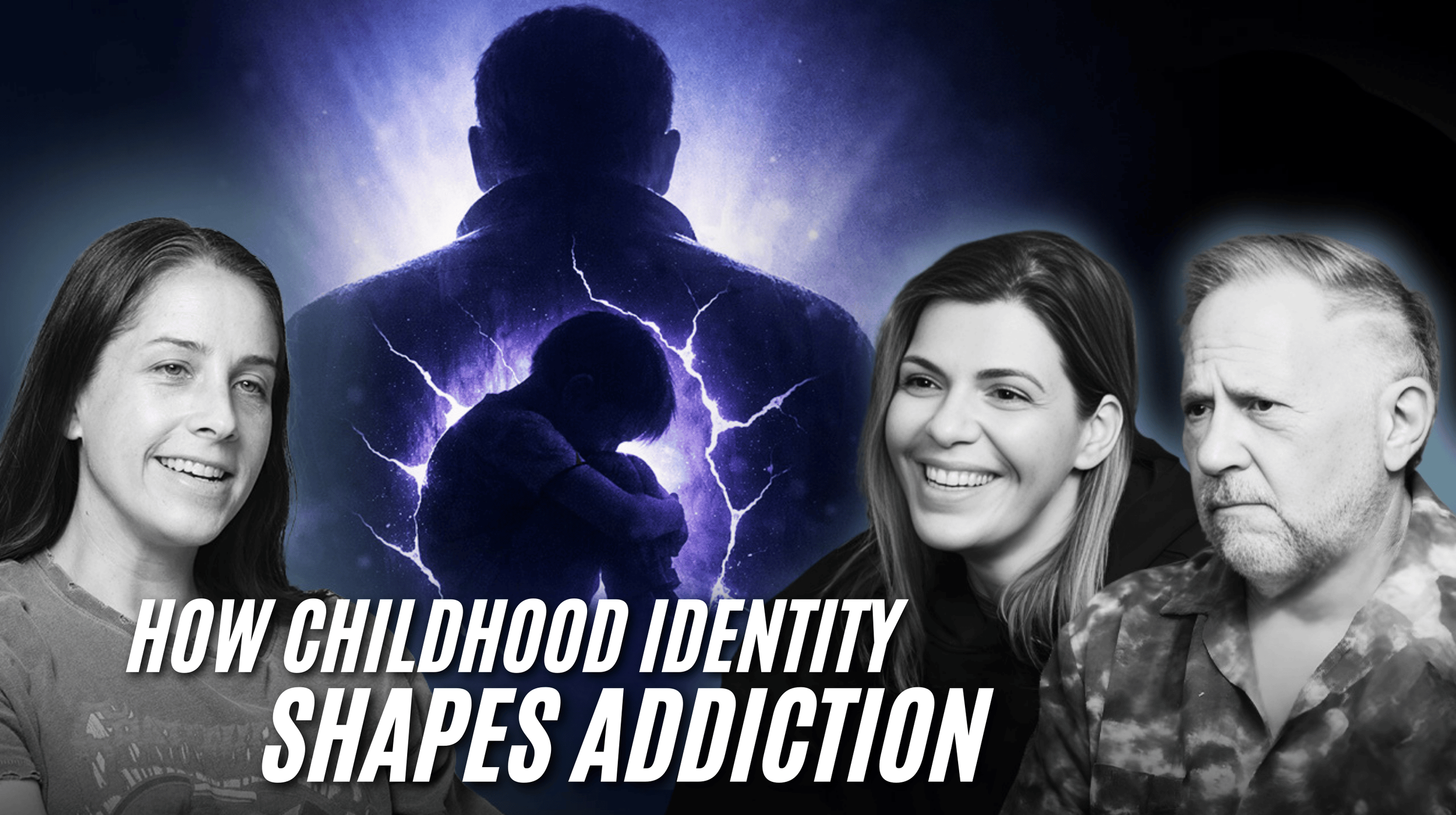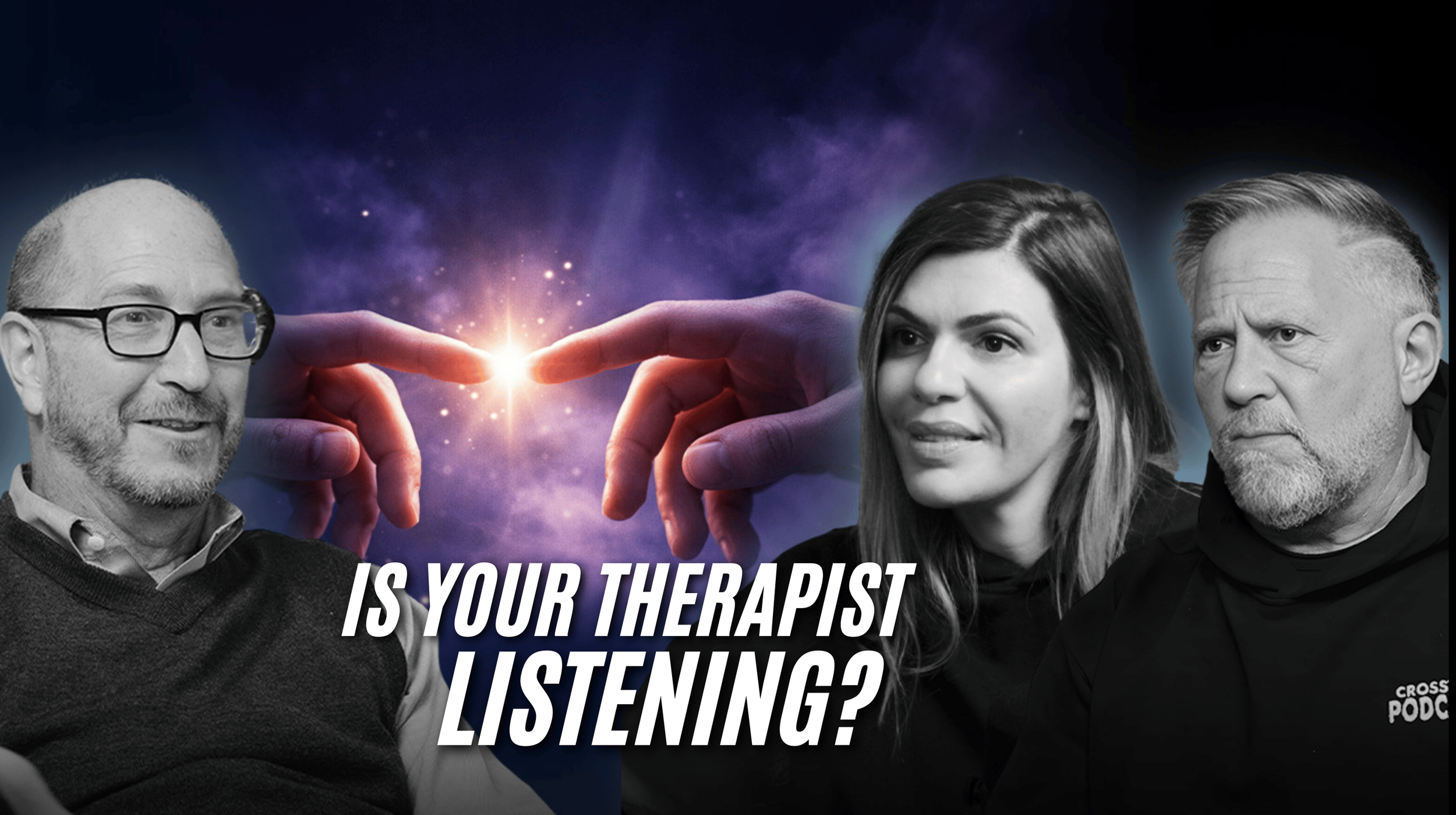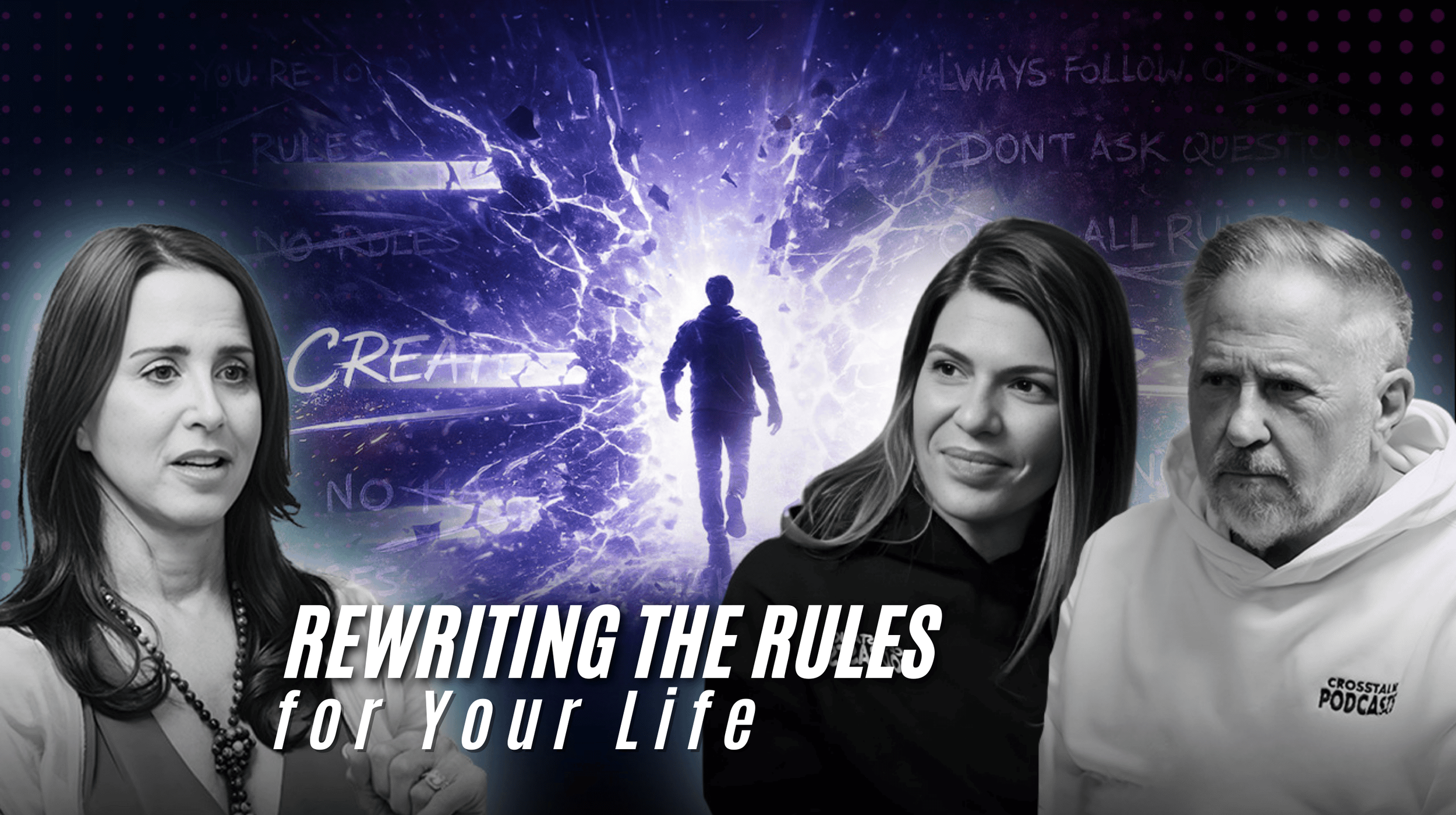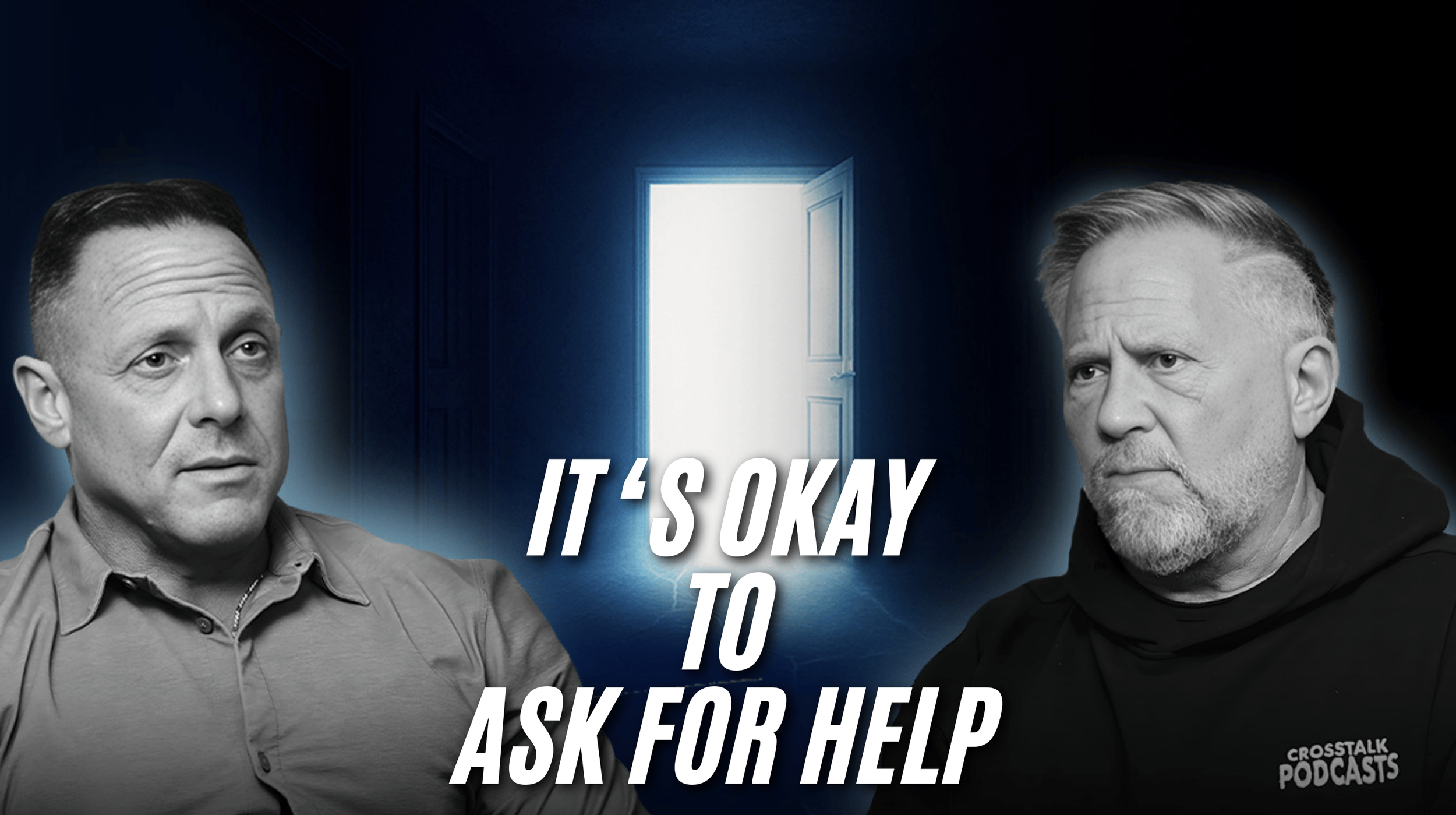What Happens When Xanax and Alcohol Take Over Your Life? | Eddie W.
Listen or watch on your favorite platforms
Eddie grew up in South Brooklyn and built a career as a successful attorney, but beneath the surface, years of anxiety and unresolved pain led him into a spiral of prescription drug use, alcohol abuse, and overwhelming resentment. What started as Xanax for sleep and stress escalated into dependence, and eventually near-fatal drinking episodes that left him hospitalized and facing a life-or-death crossroads.
Growing Up
Eddie grew up in South Brooklyn, near Coney Island, attending Yeshiva Flatbush while navigating a complex family dynamic. His father left when Eddie was only three, and their relationship remained fractured throughout his youth. With sporadic visits and letters instead of presence, Eddie carried heavy resentment into adulthood.
“As a kid of a single mom, I was used to being first. I didn’t want to be around all the negativity,” he reflected. Those feelings of abandonment shaped his drive to succeed academically and professionally, but also left behind an unresolved void.
First Encounters with Addiction
For years, substances weren’t part of Eddie’s world. He focused on law school, building his career, and eventually becoming an attorney. But in his 30s, he turned to prescription Xanax to quiet the anxiety that plagued him. “First it was just to sleep, and then I couldn’t function during the day without it,” he admitted. Alcohol followed soon after, escalating heavily during 2020 when he underwent bariatric surgery. With food no longer providing the same comfort, alcohol and pills became his way to escape fear and anxiety.
Active Addiction
At the height of his addiction, Eddie was consuming up to four milligrams of Xanax daily while mixing it with heavy drinking. “In treatment, they call Xanax freeze-dried alcohol,” he explained. His family saw the changes too. His wife told him bluntly, “You’re becoming a pill popper.” The combination of professional stress, altered body chemistry post-surgery, and the isolation of COVID created a storm that pushed him deeper into dependency. He describes living in “an asylum I created,” a world run by fear, stress, and obsessive thoughts that left him unbalanced and detached from reality.
Hitting Bottom
Eddie’s lowest point came when his eight-year-old son found him unconscious in the basement after he had been drinking. Days later, he consumed a full bottle of Basil Hayden in an hour, only to wake up intubated in the ICU with a blood alcohol level of 4.5. The ER doctor’s first words were: “Why did you try to kill yourself?” Eddie’s reply—“I didn’t. I thought I was Superman”—captured the denial that had fueled his spiral. But this was his wake-up call. He realized he could lose everything: his career, his family, and ultimately his life.
Getting Help
Despite objections from some family members, Eddie chose to enter treatment. “Anything that you put before your sobriety, you will lose,” mentors told him. He detoxed from both alcohol and Xanax, experiencing weeks of post-acute withdrawal symptoms. He described treatment as feeling like being “in a cage trying to learn how to juggle,” but also acknowledges it gave him the tools he needed—rigorous honesty, literacy in recovery, and perspective on the consequences of addiction. Counselors and peers reminded him that recovery wasn’t about perfection; it was about learning to live with clarity, humility, and honesty.
Life Today
Today, Eddie’s life is centered around gratitude and service. Sobriety allows him to see his career not as a stage for ego, but as a platform to help others. “I’m not worried about me. I’m worried about them. That part of recovery is huge,” he explained. Rebuilding relationships, connecting with his children, and finding joy in simple things has given him a life he once thought impossible. His story is proof that no matter how far down someone falls, there is always a way back up—with honesty, help, and hope.
FAQs
Can mixing alcohol with Xanax be fatal?
Yes, both depress the central nervous system, creating a highly dangerous, often deadly combination.How long does Xanax withdrawal last?
Symptoms can persist for months, with some effects lasting up to 2–3 years.Does bariatric surgery increase risk of addiction?
Yes, many experience “addiction transfer,” shifting from food to substances like alcohol or pills.What are signs of high-functioning addiction?
Excelling at work while secretly relying on substances to cope with anxiety or stress.Why is honesty important in recovery?
Without rigorous self-honesty, sustainable recovery and healing are nearly impossible.
Related episodes
ABOUT CROSSTALK
CROSSTALK reveals real stories of everyday people and notable figures, sharing their journeys from struggles to life-changing 'aha' moments with all kinds .


 Spotify
Spotify






